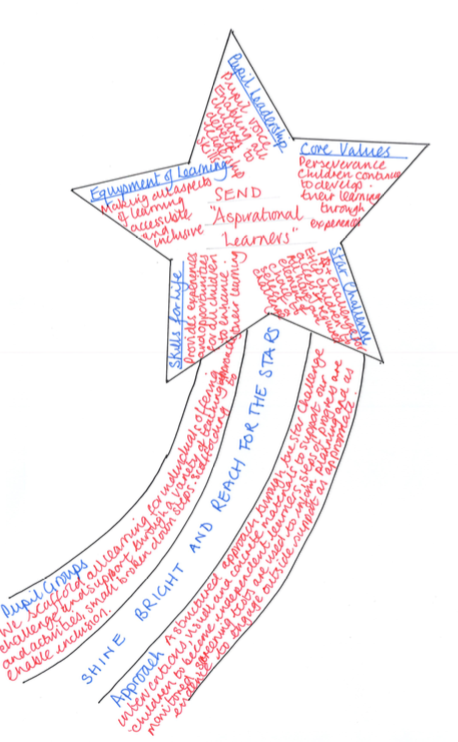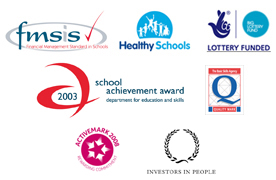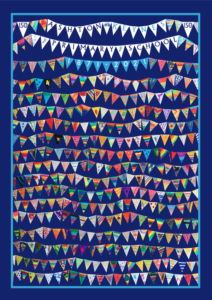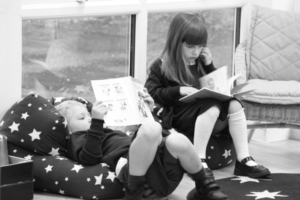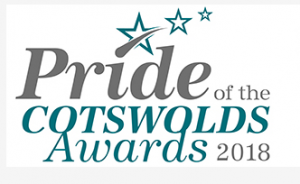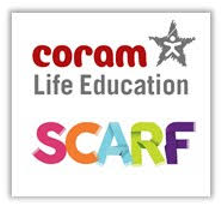SEND at AKPS
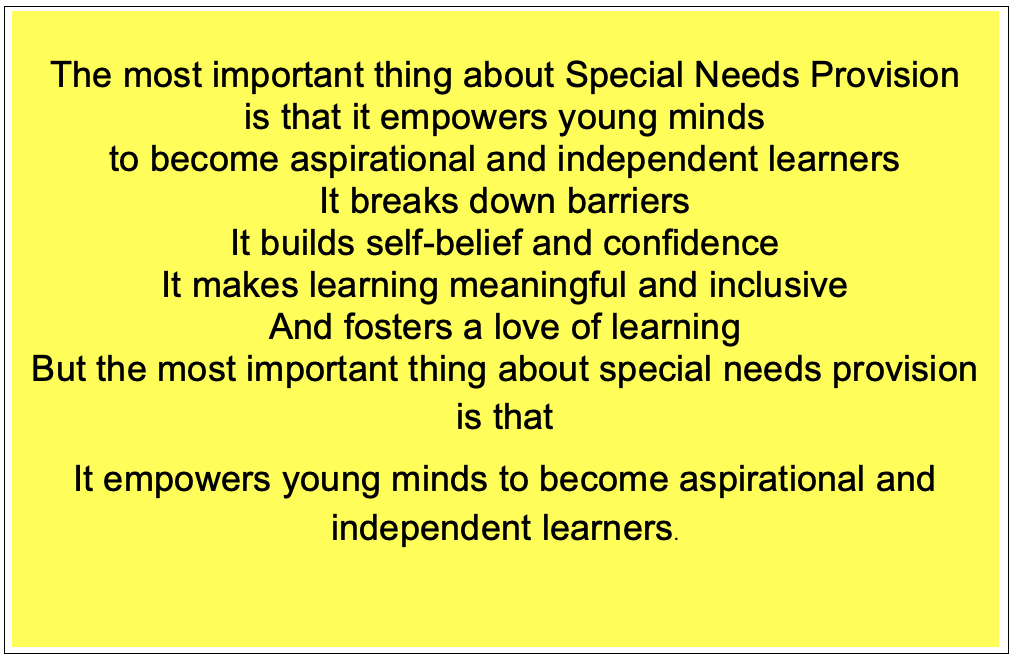
Top tips for successful home learning
Covid 19 activities for autism in isolation
Special Education Needs and Disabilities (SEND) Policy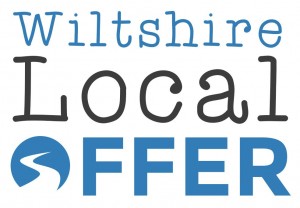
Special Educational Needs and Disabilities (SEND at Ashton Keynes C of E Primary School
What are Special Educational Needs and Disabilities?
Under the new SEND Code of Practice (DfE, 2014), a child is deemed to have Special Educational Needs or Disabilities, or SEND, if he or she has ‘significantly greater difficulty in learning than the majority of others of the same age’, or his or her disability ‘prevents or hinders him or her from making use of facilities of a kind generally provided for others of the same age in a mainstream school’. Special educational provision is needed for him or her, over and above that which can be met through high quality classroom teaching and differentiation.
Broad areas of need are identified as:
- communication and interaction;
- cognition and learning;
- social, emotional and mental health difficulties;
- sensory and/or physical needs.
They may be for a short period or throughout a child’s educational life. They may be identified before a child has even entered school or they may come to be recognised at a specific point in their education.
What is the SEND Code of Practice?
The SEND Code of Practice sets out statutory guidance for schools. A revised SEND Code of Practice was implemented in September 2014, with the main aim of developing better partnerships between children, parents/carers, educational settings, health professionals and social care.
The revised SEND code of practice can be downloaded here.
In accordance with our Equal Opportunities and SEND Policies, (see school policies), we endeavour to give all children at Ashton Keynes Primary School full access to the National Curriculum/Early Years Foundation Stage Curriculum.
We have a register of our SEND pupils and each pupil has an individual educational plan (IEP) which stipulates areas for development, the provision that is in place, targets and action points. The IEPs are drawn up by the class teacher with input from the SENDCo, parents and the pupil where appropriate. The SENCO works closely with the staff to implement early intervention strategies which involves provision that is in addition to the general provision in class. These range from differentiated activities to support in and outside the classroom.
Those with more complex needs will have an EHCP. This follows a formal statutory assessment from the Local Authority and aims to secure the best outcomes for the child across education, health and social care. We liaise with our Local Authority Specialist SEN Service and other services including the Educational Psychology and SALT services.
Teaching Team
Our staff, across the school, have a wealth of experience and we recognise that quality first teaching is of paramount importance to ensuring the best possible outcomes for pupils with SEND. We also have a range of specific interventions designed to meet the differing needs of pupils and children may take part in a single, or many different interventions. Movement in and out of these programmes is flexible and responsive to pupil need. Differentiated learning is supported by our team of skilled. Pupil progress is tracked and evaluated regularly as part of an ‘assess, plan, do review’ cycle.
Effective partnerships
At Ashton Keynes Primary School, we actively encourage a team approach to supporting children with SEND. We recognise that children’s needs are most effectively met by working in collaboration with parents to secure the best outcomes for their child. This takes many forms for example individual review meetings, My Support Plan meetings, multi-agency meetings, home-school liaison books or simply a quick telephone call or email.
We liaise with a number of services when appropriate, including the local authority SEN Advisory Team (SENSS), the Educational Psychologist, Speech and Language Therapists (SALTS) and Occupational Therapists (OT). We also collaborate closely with the SEND Lead Workers at the Local Authority.
Mrs Lisa Kingston is the SENCO at Ashton Keynes Primary school. She is in school every Wednesday and can also be contacted via email: l.kingston@ashtonkeynes.wilts.sch.uk
SEND Information Report
The revised Code of Practice requires schools to publish information on their websites about the provision for pupils with SEND. To read our SEND Information Report please click on the link below:
Where can I find support as a parent of a child with SEND?
Wiltshire’s Local Offer
The revised Code of Practice also requires Local Authorities to publish the ‘Local Offer’, which sets out the full range of provision for children with SEN and disabilities in the local area. Wiltshire’s Local Offer can be found by following the link below:
Wiltshire Parent Carer Council
The Wiltshire Parent Carer Council is an independent, voluntary organisation which is managed and run by parent carers, for parent carers. They have a membership in excess of 1600 parent carers across Wiltshire whose children range in age (0-25yrs) and in the type of special educational needs and/or disabilities they have. These include mental health, physical, sensory, learning, communication, challenging behaviour, autistic spectrum disorders and health conditions that require complex care.
http://www.wiltshireparentcarercouncil.co.uk/en/Home_Page
Please click on link to view the list of activities available for SEND children if you would like any further information please contact Mrs Lisa Kingston
http://www.wiltshireparentcarercouncil.co.uk/en/Short_breaks_-_Short_Breaks_Bulletin
Lewis Lane Family Centre Timetable – parent/carer advice and support
Other Useful Websites:
https://www.england.nhs.uk/learning-disabilities/about/get-involved/involving-people/making-information-and-the-words-we-use-accessible/#autism – Advice from the NHS – Scroll down to the section on “getting words right about autism” support/how-to-talk-about-autism
https://www.scope.org.uk/about-us/social-model-of-disability/
https://www.autism.org.uk/what-we-do/help-and-support/how-to-talk-about-autism – Advice from the National Autistic Society
Parent Champions Booklet is a guide to help parents talk to their child about Dyslexia:http://www.parentchampions.org.uk/wp-content/uploads/2013/02/UnderstandingDyslexia.pdf
https://www.bdadyslexia.org.uk
http://www.thedyslexia-spldtrust.org.uk
https://www.helenarkell.org.uk
http://www.parentchampions.org.uk
I CAN (The children’s communication charity) website
Afasic (Support for parents/carers of children and young people with speech, language and communication needs) website
Further support and advice regarding Speech and Language needs can be found here
http://www.talkingpoint.org.uk/
Supporting Dyslexia Powerpoint
Michelle Cyril, a parent and children’s sleep specialist, has created a FREE private Facebook group for parents of Neurodivergent children (suspected or confirmed).
She would love to help you if you are struggling with your child’s sleep. In the group she will be giving free expert sleep advice and help. To join simply click here https://bit.ly/NeurodivergentSleepHelp or search for Sleep Help for Neurodivergent Children and Young people on Facebook.
To help parents immediately who are really struggling with bedtime right now she has created a FREE download “How to Overcome Bedtime Battles with your Neurodivergent Child”. It’s a step by step guide to making bedtime easier. Click here https://bit.ly/Make-Bedtime-Easier



